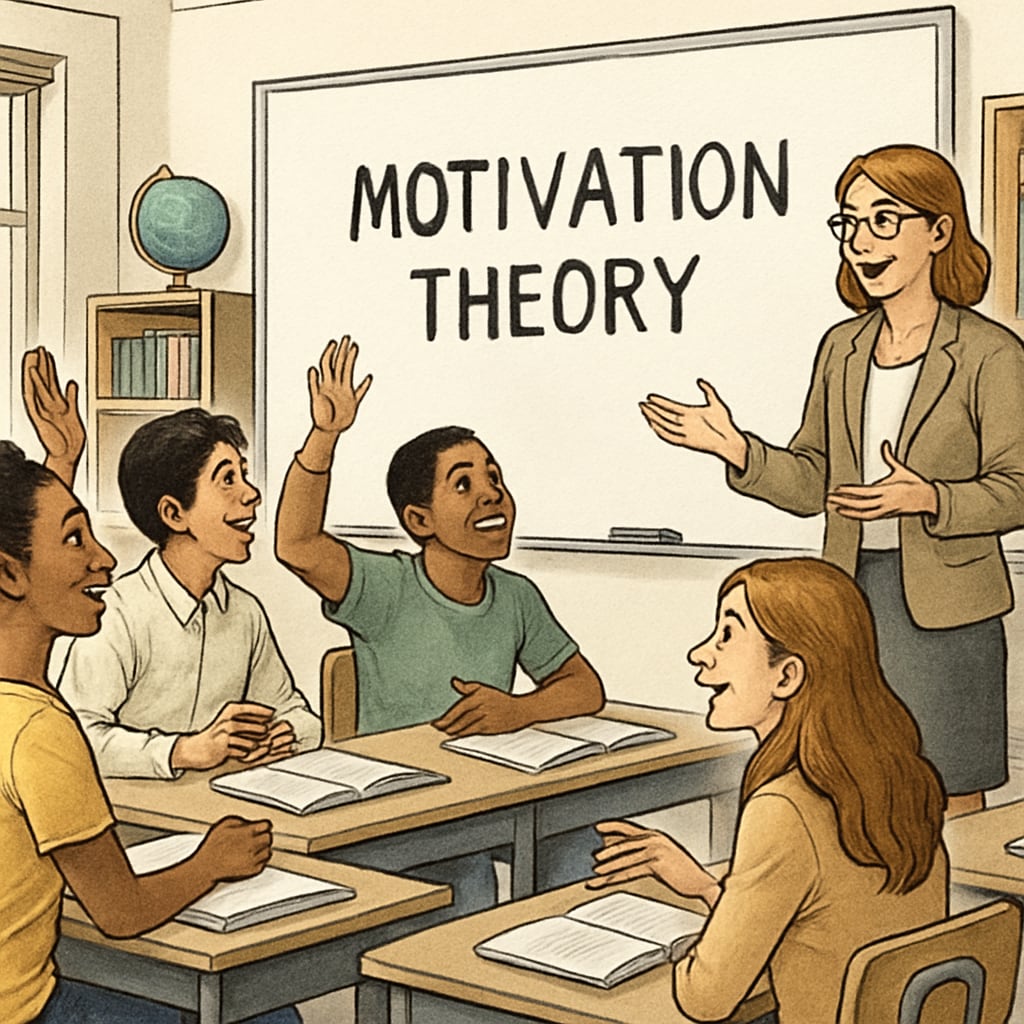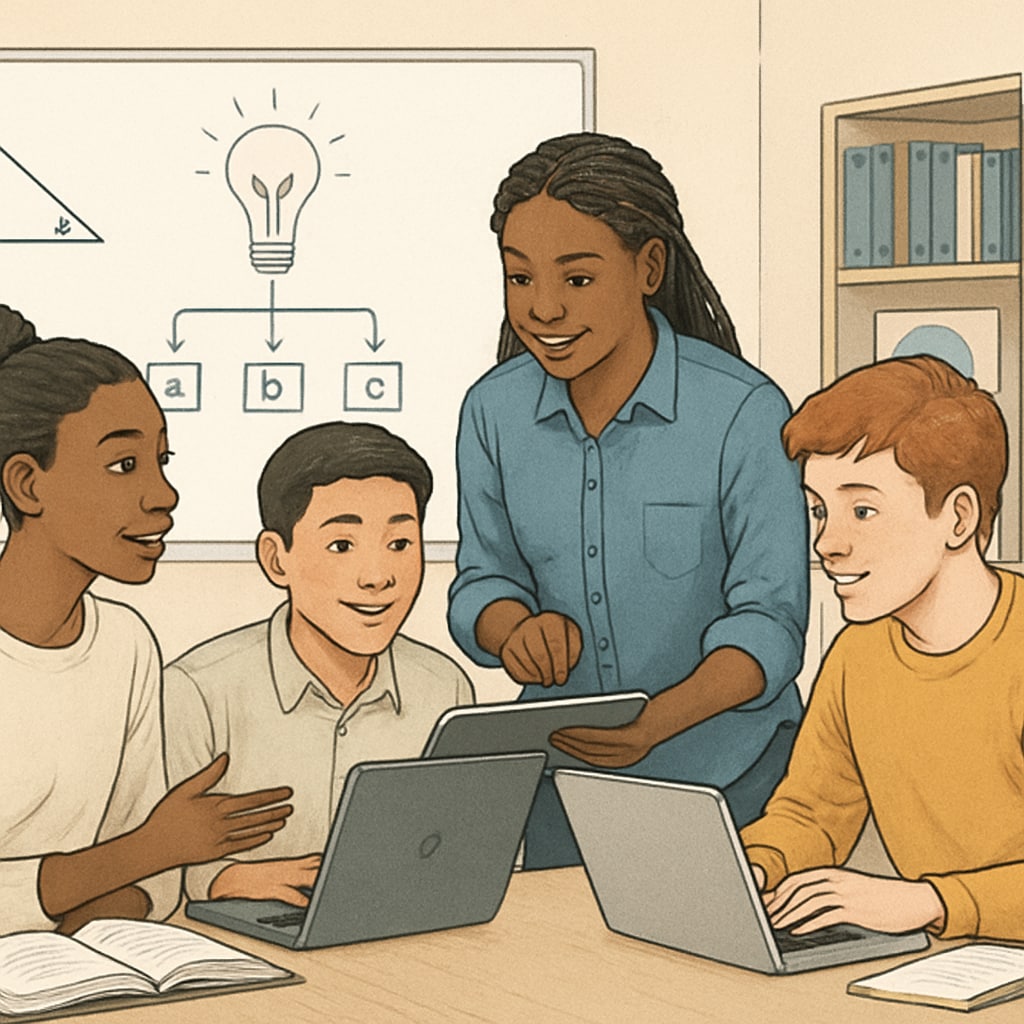In the ever-evolving landscape of K12 education, the importance of post-lesson reflection, motivation theory, and learning communities cannot be overstated. By engaging in thoughtful reflection after a lesson, students and educators alike uncover opportunities to deepen their understanding of theoretical concepts and their practical applications. This process often sparks a powerful desire to rejoin learning communities to share ideas and explore new dimensions of knowledge.
Post-lesson reflection serves as a catalyst for educational growth, revealing gaps in understanding and illuminating areas where collective discussion can enrich learning. When paired with motivation theory—the framework that explains why individuals engage in certain behaviors—this reflective practice becomes even more impactful. Let’s dive deeper into why this synergy matters and how learning communities provide the ideal environment for deeper exploration.
The Role of Motivation Theory in Post-Lesson Reflection
Motivation theory, which explores the psychological factors driving behavior, is a cornerstone of effective teaching methods. It helps educators understand how to inspire students to engage with material, persist through challenges, and achieve their goals. However, the true value of this theory often emerges during post-lesson reflection. By revisiting a lesson’s content and outcomes, both students and teachers can evaluate how motivation influenced participation, comprehension, and retention.
For example, imagine a classroom discussion about intrinsic versus extrinsic motivation. During the lesson, students may only grasp the surface of these concepts. However, in reflecting on their own experiences—such as why they chose to complete a challenging project or participate actively in class—they can relate these theories to real-life scenarios. This reflective process transforms theoretical knowledge into actionable insights.

Learning Communities: The Perfect Environment for Theory Application
While individual reflection is valuable, learning communities amplify its impact by fostering dialogue and collaboration. These communities—whether in the form of study groups, classroom forums, or online platforms—offer a space for students and educators to exchange ideas, ask questions, and challenge assumptions.
In a learning community, post-lesson reflections can spark deeper discussions about theory application. For instance, students might share how they applied motivation theory in their extracurricular activities or personal goals. Educators can contribute by providing real-world examples or guiding the group towards related research. This collective learning process not only clarifies theoretical concepts but also nurtures critical thinking skills.
As the concept of communities of practice highlights, learning is inherently social. Engaging with others in meaningful conversations reinforces knowledge and encourages lifelong learning. Therefore, fostering a culture of collaboration within K12 education is essential for maximizing the benefits of post-lesson reflection.

Transforming Insights into Educational Growth
The ultimate goal of combining post-lesson reflection, motivation theory, and learning communities is to transform insights into tangible educational growth. Here are three practical strategies for achieving this:
- Facilitate guided reflections: Teachers can provide structured prompts that encourage students to connect theoretical concepts with personal experiences or current events.
- Encourage peer-to-peer learning: Students should be empowered to share their reflections within learning communities, creating a supportive environment for exploration and feedback.
- Integrate technology: Online forums, collaborative platforms, and digital tools can make it easier for students to engage with learning communities beyond the classroom.
As a result, students develop a deeper understanding of theoretical concepts and their relevance to the real world, while educators gain insights into how to tailor their teaching methods to better meet students’ needs.
In conclusion, the interplay between post-lesson reflection, motivation theory, and learning communities is a powerful driver of educational success. By embracing these practices, we can create dynamic learning environments where students are not only motivated to learn but also inspired to apply their knowledge in meaningful ways. Let’s continue to encourage reflection and collaboration, ensuring that the journey of learning extends far beyond the classroom walls.
Readability guidance: This article uses clear, concise language, short paragraphs, and frequent transitions to improve readability. Lists and examples are included to break down complex concepts, while overuse of passive voice has been avoided. Images are strategically placed to enhance understanding.


